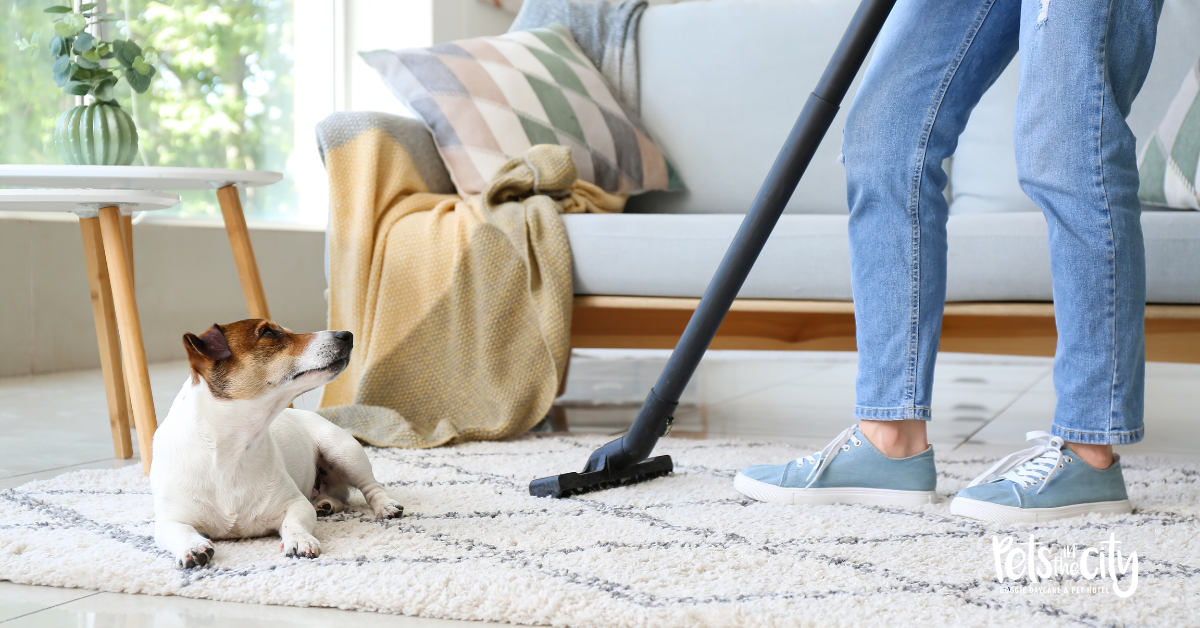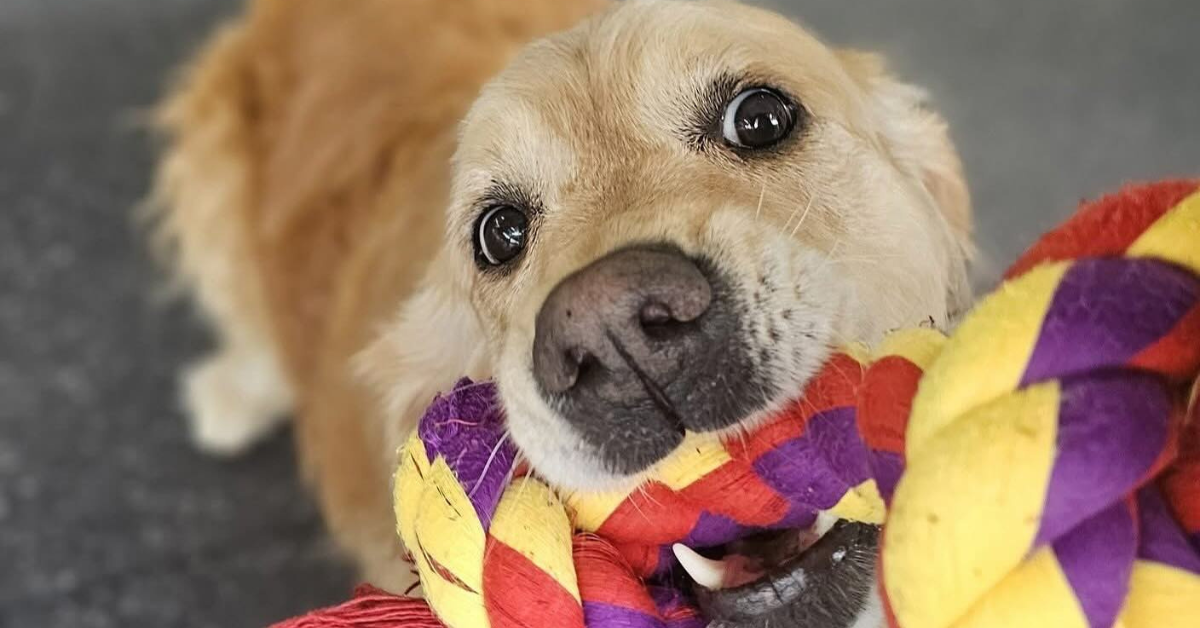Is dog day care actually worth the cost? What do dogs get out of it?
If you’re an Auckland dog parent weighing up day care costs, you’re not alone. Busy workdays, winter darkness, and travel plans can leave even the...
5 min read
Layamon Bakewell, Pets In The City
:
2/11/2025 7:27:59 PM

If you’ve just welcomed a new pup into your Auckland home, you’ve probably heard that “socialisation is everything.” But what does that really mean, and how early is early?
In this guide, we’ll explain the critical socialisation window, how to socialise safely in Auckland (even before full vaccinations), how Pets in the City supports puppies through daycare, puppy programmes and training, and why this matters for long-term behaviour and wellbeing.
Early puppy socialisation matters because it shapes how your dog sees people, places, sounds and other animals for the rest of its life. Puppies have a critical socialisation period from about 3 to 14 weeks when their brains accept new, positive experiences most easily. After 16 weeks, fear responses can set in more strongly and become harder to change.
SPCA NZ and the American Veterinary Society of Animal Behavior say early, well-planned exposure prevents many behaviour problems and builds confidence later.
Key takeaways:
What early looks like week by week
Common mistake: waiting until the final vaccination to start socialisation. You can socialise early in low-risk, controlled ways, especially with sounds, handling, grooming prep, car rides and observation from your arms or a pram.
Pro Tip: Keep a simple log. Write down each new thing, your puppy’s body language - relaxed, curious or unsure - and what helped, like treats or distance. You’ll see progress and know when to adjust sessions.
Build your puppy’s confidence at home and then widen your pup’s world. The aim is calm curiosity, not flooding or forcing interactions. Think small, sweet and successful.
Plan around Auckland’s realities: busy weekend markets, coastal wind, summer pavement heat, winter rain and Guy Fawkes fireworks. Short exposures, lots of breaks and easy wins keep your pup on track.
Auckland-friendly ideas before and after full vaccinations
Where to avoid early on
Local insight: on windy waterfront days, puppies often spook at flapping signs, skateboard wheels and gulls. Start at a quieter time. Let your pup watch from a distance and feed pea-size treats. Over multiple visits, get closer at your pup’s pace.
Pro Tip: Pair each new sight or sound with 3 to 5 tiny treats. If your pup stops eating, you’re too close or it’s too long - add distance or take a break.
A calm, supervised, force-free environment builds social skills fast. At our Auckland centres, we match puppies by size, play style and confidence. We build manners alongside rest and enrichment.
We also guide you. Your home routine, puppy play and training work best when they focus on safety, predictability and fun.
What we offer:
Transparency and welfare:
Common mistake: expecting a long daycare day on the first visit. Begin with an assessment and brief visits to build trust and keep stress low.
When to start puppy socialisation in NZ?
Begin gentle exposure right away at home and continue through 3 to 14 weeks, the critical period. Start with sounds, handling and carried outings. Then add controlled introductions to fully vaccinated, friendly dogs and reputable, force-free classes that focus on safety and confidence.
Is it safe to socialise before vaccinations are complete?
Yes, with precautions. Choose low-risk environments: carry your pup in public, invite fully vaccinated dog friends to your home and join well-managed puppy programmes with strict hygiene and health protocols. Avoid unknown dog areas and follow your vet’s advice on local disease risk.
What if my puppy seems fearful?
Lower the difficulty. Make sessions shorter, increase distance from the trigger and reward calm curiosity with tiny treats. Use a one-step approach. If your pup stops eating or freezes, you’re too close. A force-free trainer can guide you with a plan tailored to your puppy’s temperament.
Week 1
Week 2
To get personalised guidance or book an assessment for daycare, training or wellness, reach our team here: contact us.
Service details:

If you’re an Auckland dog parent weighing up day care costs, you’re not alone. Busy workdays, winter darkness, and travel plans can leave even the...

Your complete Auckland-proof plan for turning Guy Fawkes from "Boom-pocalypse" to "Bunker-and-Chill" Why Your Dog Thinks the Sky is Falling (And Why...

If you’ve just welcomed a new pup into your Auckland home, you’ve probably heard that “socialisation is everything.” But what does that really mean,...